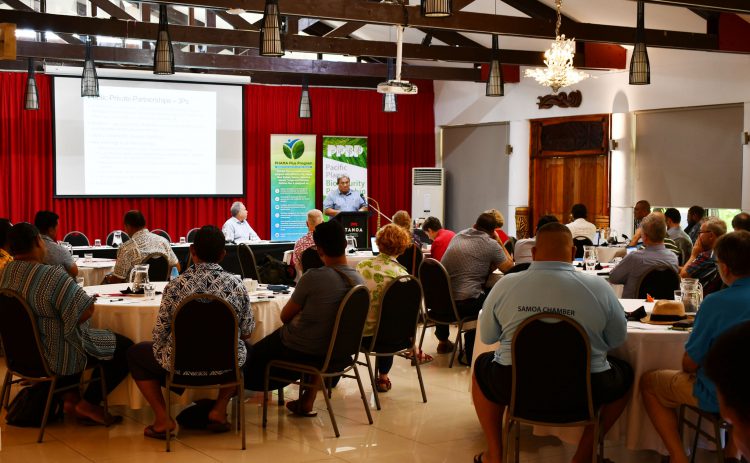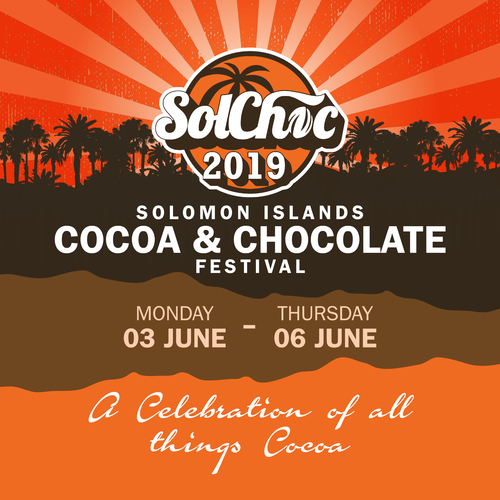Partnerships boost Samoa’s exports
Successful partnerships between the public and private sectors have helped Samoa increase its exports since 2016.
Speaking at a side-event of the Pacific Week of Agriculture in Apia, Samoa, exporter and President of the Samoa Association of Manufacturers and Exporters (SAME), Tagaloa Eddie Wilson, said they had almost tripled their commodity exports since launching their national export plan.

Samoa’s Association of Manufacturers and Exporters president Tagaloa Eddie Wilson has credited public-private partnerships for boosting Samoa’s exports since 2016.
“In 2016-2017, for the first time the private sector put together an export plan for Samoa. In the export plan, we said we wanted to triple Samoa’s exports between 2016 and 2020. In 2016 our government launched the export plan which was built on commodities. Our main exports are fish, nonu, taro, beer, coconuts and kava, which used to be a major export commodity,” he said.
Mr Wilson said the Pacific Horticultural and Agricultural Market Access Program (now known as PHAMA Plus) had played an important role in helping exporters comply with market access requirements, which was a challenge for the sector.
“When we launched the export plan, the PHAMA Program supported the ongoing ISO and HACCP training and supported the private sector’s efforts to comply with market access requirements. Through the support of the program, as of the middle of this year, we’ve achieved 90 per cent of that goal. We’ve almost tripled Samoa’s commodity exports and we’ve got one more year to go. This reflects the success of partnerships between government, the private sector and regional organisations.”
He said more than 20 companies had benefited from the certification program and there was an increasing interest in the program.
Referring to the 15th session of the Codex Alimentarius meeting held in Vanuatu last month, he acknowledged PHAMA Plus for supporting participation at the meeting.
“PHAMA singlehandedly supported the participation of private sector industries at the meeting of the FAO (Food and Agriculture Organisation of the UN) in Vanuatu. When we went to the meeting earlier this month, the standards had somehow changed over time, to the extent that if they were adopted, industries would not have been able to use the standards. We were able to simplify the standards and it was a massive achievement.”
He lauded the PHAMA Plus Program for being a great example of successful public-private partnerships.
The side-event, which focused on the Australia and Pacific Partnership for Sustainable Agriculture and Biosecurity, was jointly organised by the Australian Centre for International Agricultural Research, PHAMA Plus, Australia’s Department of Agriculture and Kalang.
PHAMA Plus is supported by the Australian and New Zealand governments and supports Samoa’s nonu and taro export sectors.

